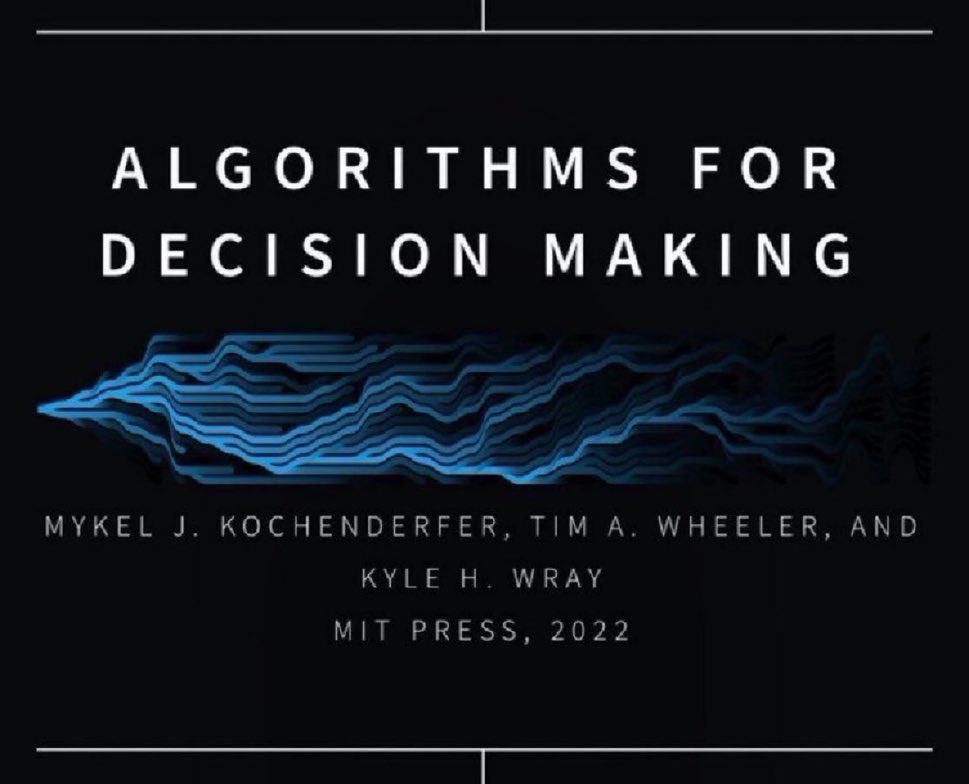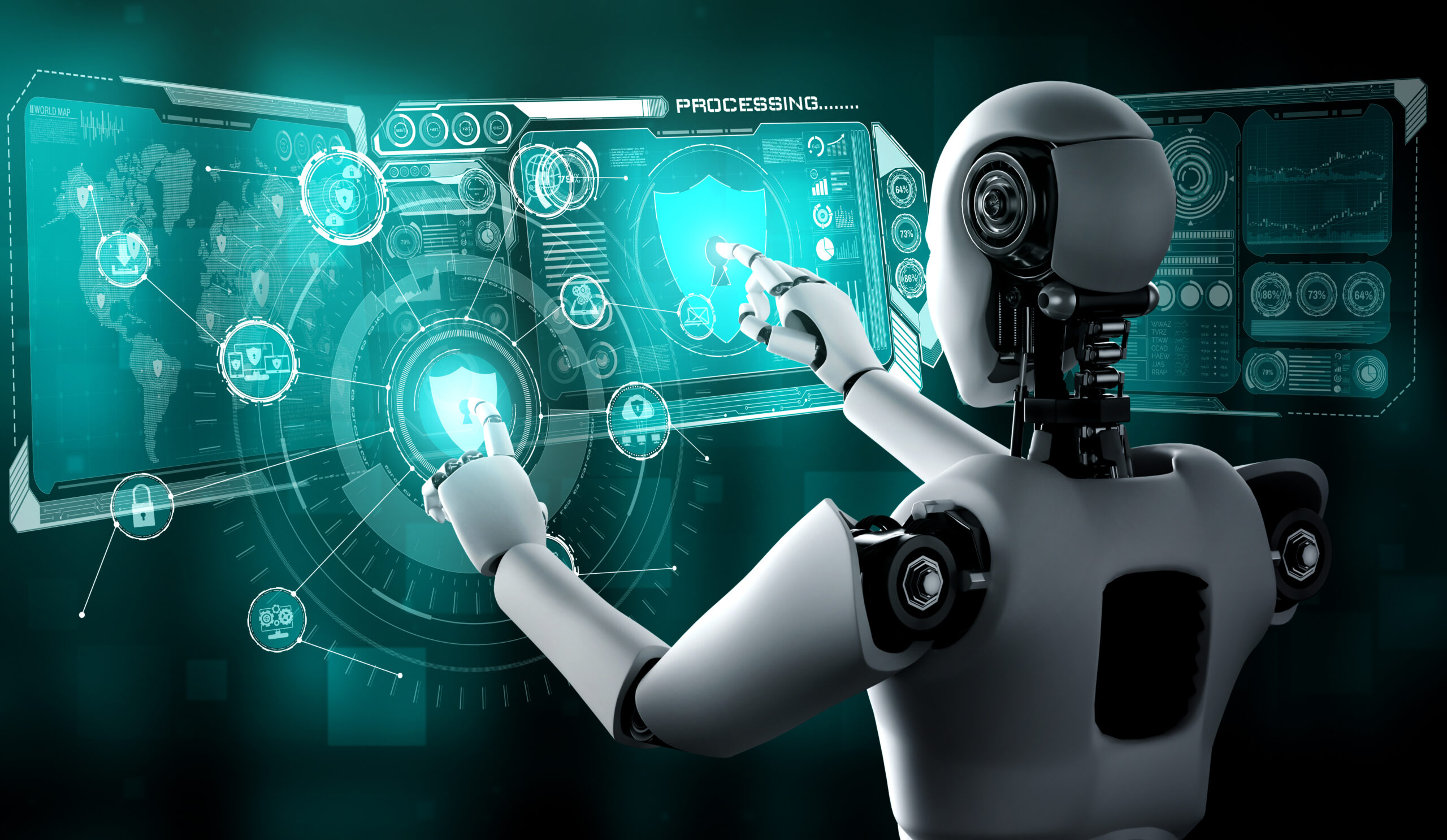The artificial intelligence revolution is no longer coming—it’s here. As AI transforms industries from healthcare to finance, millions of professionals are asking themselves a crucial question: How can I pivot my career to be part of this technological transformation?
The statistics tell a compelling story. According to recent industry reports, AI-related job postings have increased by over 300% in the past five years, while traditional roles are being augmented or replaced by intelligent systems. But here’s the encouraging news: you don’t need a PhD in computer science or decades of programming experience to break into AI. What you need is strategy, dedication, and a clear understanding of where your existing skills fit into the AI ecosystem.
Understanding the AI Career Landscape
The AI field isn’t monolithic—it’s a diverse ecosystem with opportunities ranging from highly technical roles to business-focused positions that require minimal coding. Machine learning engineers and data scientists often grab headlines, but the industry desperately needs AI product managers, ethics specialists, training data curators, and implementation consultants.
“The biggest misconception is that AI careers are only for people with advanced degrees in mathematics or computer science,” says Dr. Sarah Chen, who transitioned from marketing to leading AI initiatives at a Fortune 500 company. “Some of the most valuable AI professionals I know come from backgrounds in psychology, linguistics, business, and even art.”
The key is identifying where your existing expertise intersects with AI applications. A former teacher might excel in educational technology AI, while a finance professional could specialize in algorithmic trading or fraud detection systems.
Taking Inventory of Your Transferable Skills
Before diving into technical training, conduct an honest assessment of your current capabilities. Many professionals underestimate how valuable their domain expertise becomes when combined with AI knowledge. Project management, client communication, regulatory compliance, and industry-specific knowledge are all highly sought after in AI implementations.
Consider these transferable skill categories:
Analytical Skills: If you’ve worked with data, conducted research, or solved complex problems, you already possess foundational AI thinking patterns. Excel power users, financial analysts, and researchers often find the transition smoother than expected.
Communication and Translation: AI projects frequently fail not due to technical limitations, but because of poor communication between technical teams and business stakeholders. Professionals who can bridge this gap are invaluable.
Domain Expertise: Your years in healthcare, retail, manufacturing, or any other industry provide context that pure technologists often lack. This knowledge helps identify practical AI applications and avoid common implementation pitfalls.
Creative Problem-Solving: AI isn’t just about following algorithms—it requires creative thinking to frame problems, design solutions, and imagine new possibilities.
Building Your Technical Foundation
While you don’t need to become a programming wizard overnight, developing basic technical literacy is essential. The good news is that modern AI tools and educational resources have dramatically lowered the barrier to entry.
Start with foundational concepts rather than jumping into advanced topics. Understanding what machine learning can and cannot do, how data flows through AI systems, and basic statistical concepts will serve you better than memorizing complex algorithms. Online platforms like Coursera, edX, and Udacity offer structured learning paths designed specifically for career changers.
Python has emerged as the lingua franca of AI, but don’t feel pressured to master it immediately. Many successful AI professionals begin with no-code and low-code tools that allow them to work with AI systems without extensive programming knowledge. Platforms like Google’s AutoML, Microsoft’s Power Platform, and various data visualization tools can help you start applying AI concepts to real problems while you build coding skills.
The most effective approach is project-based learning. Instead of spending months on theoretical courses, identify a small problem in your current role that AI might solve. This could be automating a repetitive task, analyzing customer feedback, or predicting inventory needs. Working on real problems accelerates learning and creates portfolio pieces for job applications.
Networking and Community Building
The AI community is remarkably welcoming to career changers, partly because the field is so new that most professionals are relatively recent entrants themselves. Active participation in AI communities can accelerate your transition and provide valuable connections.
Local AI meetups, online forums like Reddit’s r/MachineLearning, and professional networks on LinkedIn offer opportunities to learn from practitioners and discover job openings. Many cities have AI-focused networking groups where you can meet professionals who’ve made similar transitions.
Consider attending AI conferences, even virtually. Events like NeurIPS, ICML, and industry-specific AI summits provide insights into current trends and future directions. While some content may be highly technical, the conversations and connections often prove more valuable than the presentations themselves.
Contributing to open-source AI projects, even in small ways like improving documentation or testing software, demonstrates commitment to the field and helps build your reputation within the community.
Navigating the Job Market
The AI job market rewards demonstrable skills over credentials, making it more meritocratic than many traditional fields. However, this also means you need to prove your capabilities through portfolios, projects, and practical demonstrations rather than relying solely on degrees or certifications.
When applying for AI roles, customize your approach based on the company’s maturity level. Startups often need generalists who can wear multiple hats, while large corporations typically have more specialized roles. Government agencies and traditional industries may value regulatory knowledge and risk management experience alongside technical skills.
Don’t overlook adjacent roles that can serve as stepping stones. Positions in data analysis, business intelligence, product management for tech companies, or consulting roles focused on digital transformation can provide valuable experience while you build AI expertise.
Consider freelancing or consulting as a way to gain experience and build your portfolio. Many companies are experimenting with AI but lack internal expertise, creating opportunities for knowledgeable freelancers to guide pilot projects.
Managing the Transition Timeline
Career transitions into AI typically unfold over 12-24 months, though the exact timeline depends on your starting point and desired destination. Set realistic expectations and celebrate incremental progress rather than expecting immediate transformation.
Phase one focuses on education and skill building. Spend 3-6 months developing foundational knowledge through courses, projects, and community involvement. This phase should result in basic AI literacy and at least one portfolio project.
Phase two involves active job searching while continuing skill development. This 6-12 month period typically includes informational interviews, networking, and potentially taking contract or part-time work to gain experience.
Phase three represents the transition itself—landing your first AI role and proving yourself in the new environment. Remember that learning continues long after you secure a position, as AI evolves rapidly.
Overcoming Common Obstacles
Imposter syndrome affects most career changers, particularly in a field perceived as highly technical. Remember that AI is fundamentally about solving problems, and your experience solving problems in other domains provides valuable perspective. Many successful AI implementations fail not because of technical deficiencies, but because teams lack understanding of real-world constraints and user needs.
Age discrimination concerns are often overblown in AI, where wisdom and experience are valued alongside technical skills. The field moves so quickly that even recent graduates need to continuously learn, putting career changers on more equal footing than in stable, established industries.
Financial considerations require careful planning. While AI roles often command high salaries, the transition period may involve temporary income reduction. Consider taking courses while maintaining your current role, freelancing to bridge income gaps, or exploring employer-sponsored training programs.
Looking Ahead
The AI field will continue evolving rapidly, creating new opportunities while making others obsolete. The most successful career changers maintain a learning mindset, staying curious about emerging technologies and their applications.
Focus on developing meta-skills that transcend specific tools or techniques: critical thinking, ethical reasoning, interdisciplinary collaboration, and the ability to communicate complex concepts clearly. These capabilities will remain valuable regardless of how AI technology evolves.
The journey from your current career to AI won’t always be smooth, but it offers the opportunity to participate in one of the most transformative technological shifts in human history. With strategic planning, persistent learning, and active community engagement, professionals from virtually any background can find their place in the AI revolution.
The question isn’t whether AI will impact your industry—it’s whether you’ll be part of shaping that impact or watching from the sidelines. The choice, and the opportunity, is yours.




